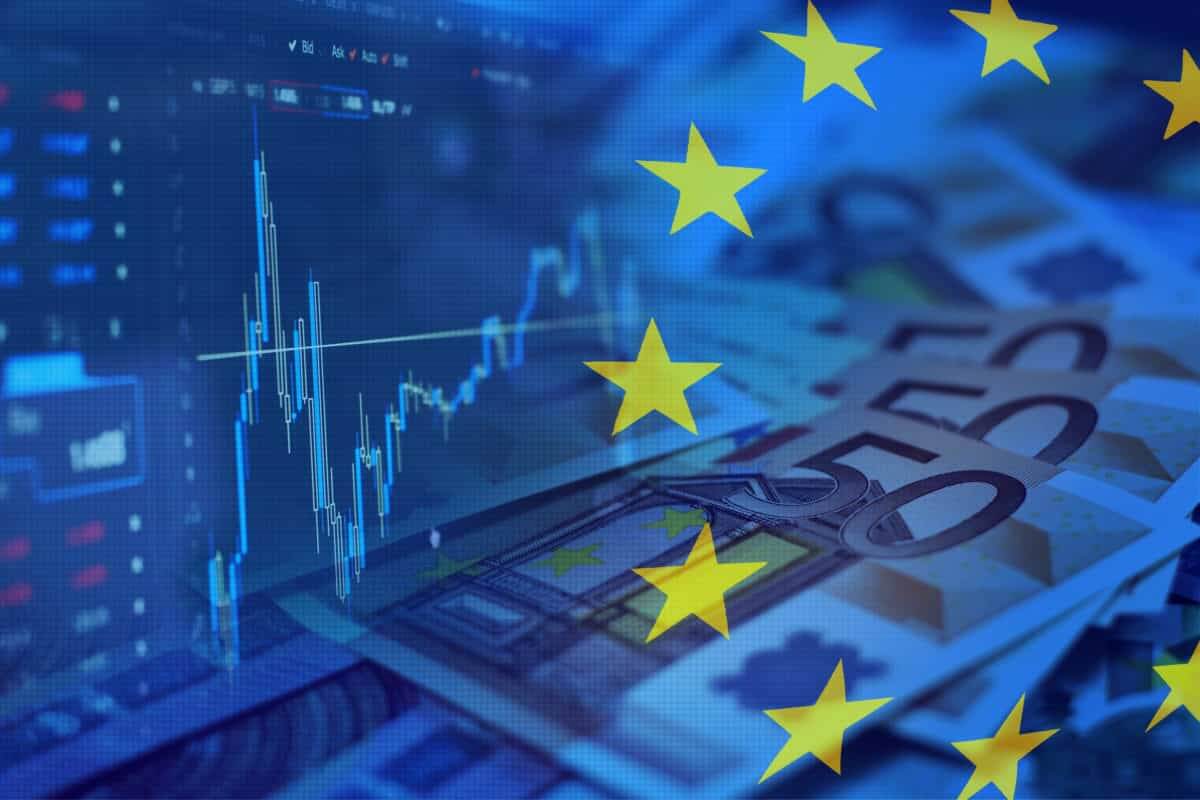
Euro Edges Higher with Focus on ECB
The euro was a fraction higher at $1.0519. Markets concentrated on European Central Bank powers to combat currency fragmentation on Monday; they shrugged off the danger of political deadlock in France for the time being after President Emmanuel Macron lost an absolute majority in a parliamentary election.
Final results showed that Macron’s Ensemble alliance won the most seats in the National Assembly; however, it came far short of the absolute majority required to rule parliament.
Analysts and traders looked past the election result to the ECB’s efforts to keep borrowing prices in the EU’s southern regions under control and the global monetary policy outlook.
After touching 135.44 yen in Asia Pacific trading hours, the dollar was little changed at 135.03 yen; close to Wednesday’s high of 135.60 yen, the highest since October 1998.
As the Kremlin published its new budget, the Russian rouble rose to a near seven-year high versus the dollar on the Moscow Exchange, buoyed by capital controls and the promise of future month-end tax payments.
The Australian dollar surged Tuesday after the Reserve Bank of Australia signaled that further rate hikes were on the horizon. Still, the gains were muted by weaker commodity prices; meanwhile, the Japanese yen remained near a 24-year low.
After Reserve Bank of Australia (RBA) Governor Philip Lowe predicted a lot more policy tightening ahead, the Australian dollar was 0.3 percent higher at $0.69675; extending the previous day’s minor gains.
The rouble rose 1.2 percent to 55.75 per dollar. The currency previously touched 55.44, its highest level since early July 2015.
DXY
The dollar index (DXY) compares the greenback to a basket of six currencies, including the euro and the yen; it fell 0.4 percent to 104.31. However, it remained close to a two-decade high of 105.79 set on Wednesday when the Federal Reserve raised interest rates by 75 basis points in an attempt to cool rising inflation. According to a senior European Central Bank (ECB) official, the issuance of the proposed digital euro will limit to €1.5 trillion ($1.56 trillion). Fabio Panetta said that this would reduce the possibility of Europeans saving all of their money directly with the ECB; depriving commercial banks of much-needed liquidity.




